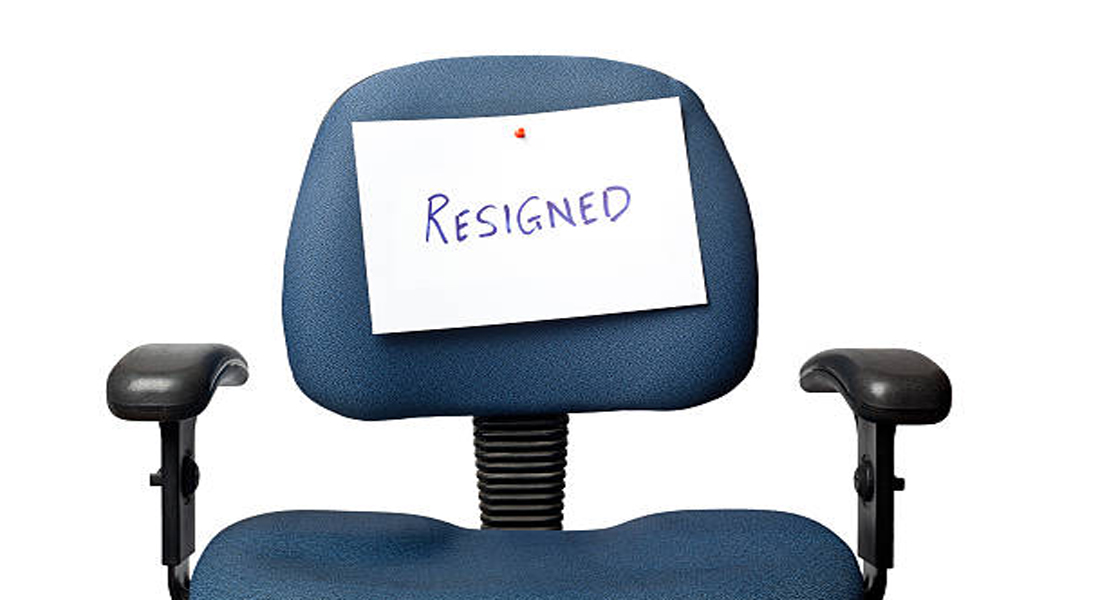Congratulations, your big moment has arrived. You’ve successfully navigated the dicey waters of interviewing for a new position without alerting your current boss. But, now that you have that shiny new offer firmly in hand, the time has come for you to tender your resignation.
The employee that resigns gracefully has the greatest chance of leaving on a positive note with a good reference.
10 Resignation Dos and Don’ts
1. Do Give Notice:
Giving a two week notice is standard practice when resigning. If you want to leave sooner, it is acceptable to ask, just be ready for either a yes or a no answer.
2. Do write a resignation letter:
It is a good idea to write a formal resignation letter for your employment file. You don’t need to say much more than you’re leaving and when your last day will be. If you’re not sure what to say review this resignation letter format and resignation letter sample.
3. Do clean up your computer:
It is a good idea to clean up your computer before you turn in your resignation. Delete personal files, email messages and make sure that you have the contact information for everyone you’d like to stay in touch with after you’re gone. Even if you give notice, your employer may decide that you should leave immediately. Best to prepare for an immediate departure in advance.
4. Do offer to help:
If it is possible, offer to help during the transition and afterward. Your offer may not be accepted, but it will be appreciated.
5. Do get the details:
Before you give your resignation make sure you get the details on employee benefits and compensation you’re entitled to after you leave. Get details on everything including health insurance coverage, collecting unused vacation and sick pay, stock options, as well as keeping, cashing-in or rolling over your 401K or other pension plan benefits.
6. Do ask for a reference:
Ask your boss, colleagues and possibly higher level managers if they would be willing to give you a reference. If they are allowed to do so and they agree, ask them to write up a LinkedIn recommendation and if they would be available via email and phone.
7. Don’t be negative:
When you speak with your coworkers about your resignation keep the conversation positive; emphasize how the company has benefited you, even though it’s time to move on. There is no point in being negative – you’re leaving. Don’t be a loser, leave on good terms.
8. Don’t brag about your new job:
You may have landed the best job in the world, but don’t brag about it. Bragging will just make you soon-to-be-ex-colleagues feel bad, partly because they will miss you and partly because you have a great job to go to.
9. Don’t put it in writing:
No matter how much you hate your job, your boss or the company, don’t write it anywhere, especially in your resignation letter. Your resignation letter will become part of your employment file, negative comments can come back to haunt you. (The exception to this rule is if you are concerned there are legal implications that would impact you directly. If so, seek and follow appropriate legal advice.)
10. Don’t forget to say goodbye:
Before you leave, take time to email a farewell message to your co-workers to let them know you’re moving on to a new position, starting a job search, retiring, etc. You may have quit your position but you do not want to lose touch with your coworkers. They are an invaluable component of your career management strategy.
Take a tip from Beyonce Knowles who says, “Thank God I found the GOOD in goodbye,” and congratulations on your new job!
Hows and Whys of Graceful Goodbyes: Resignation Dos and Don’ts
Connie Dorigan, Founder and Director of Recruiting, sees the food processing industry as the link between good living and good people. She’s the west coast’s most experienced and trusted food processing recruiter. She also provides Executive and Career Coaching and lots of free job search tools. Once you’ve connected with Connie, you’ll always be connected.
© 2018 Connie Dorigan. All rights reserved.
This is a general interest article and does not constitute specific or legal advice.





